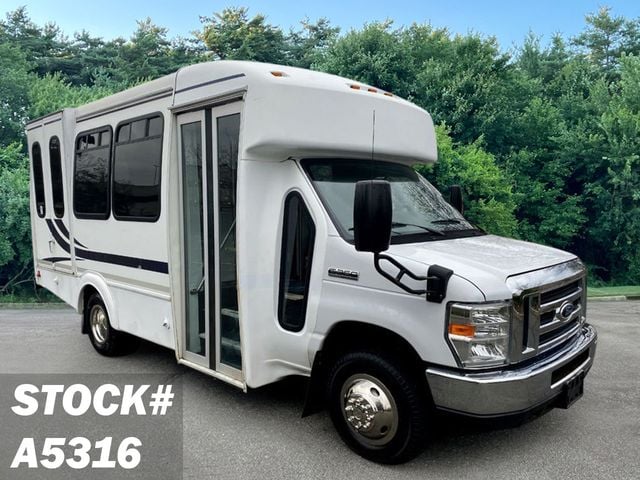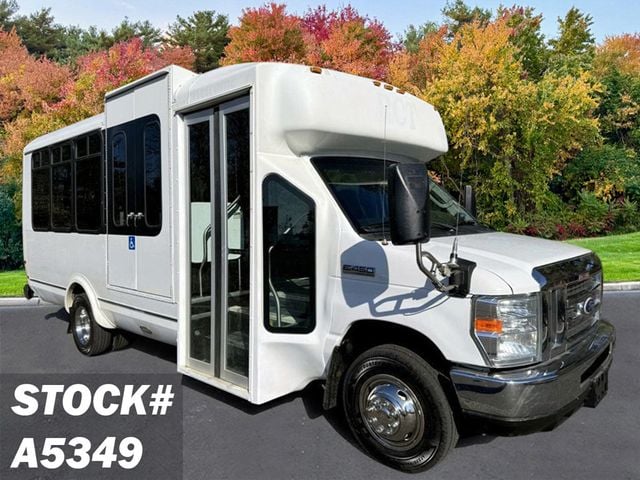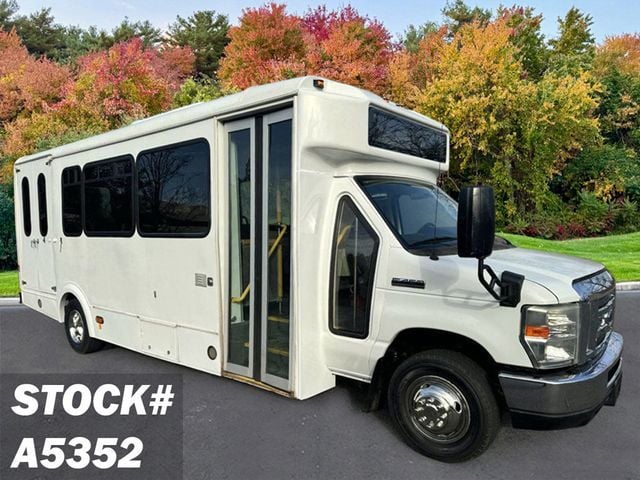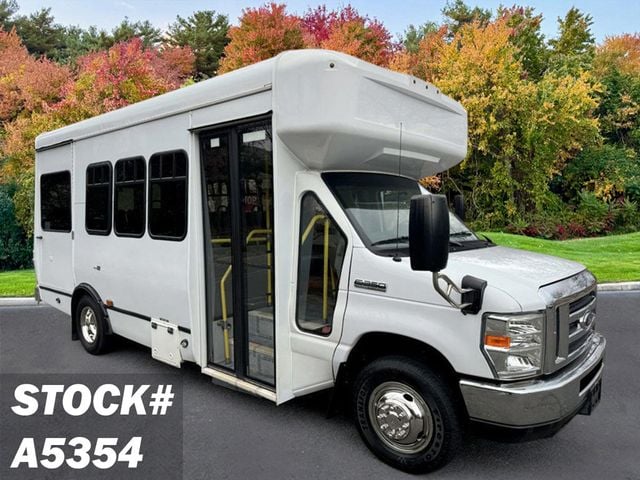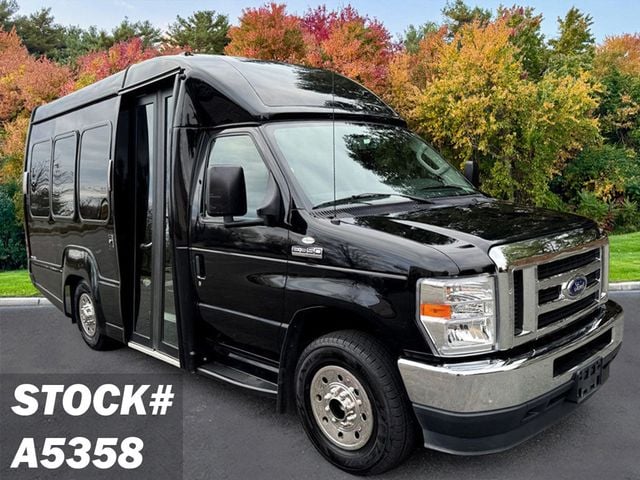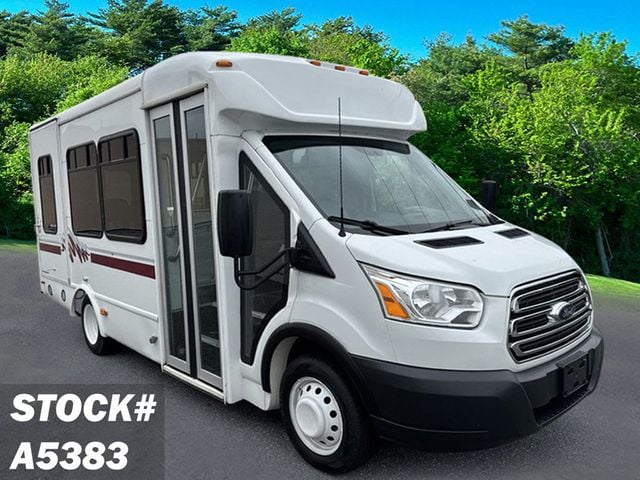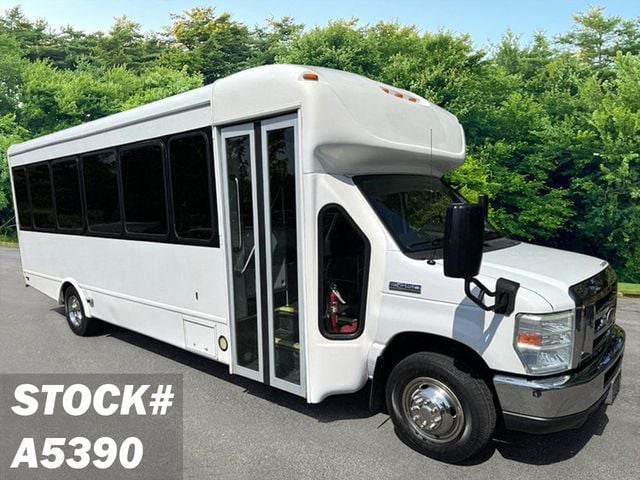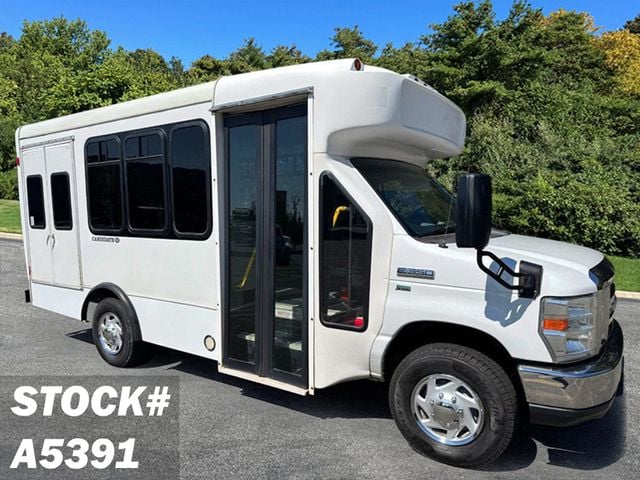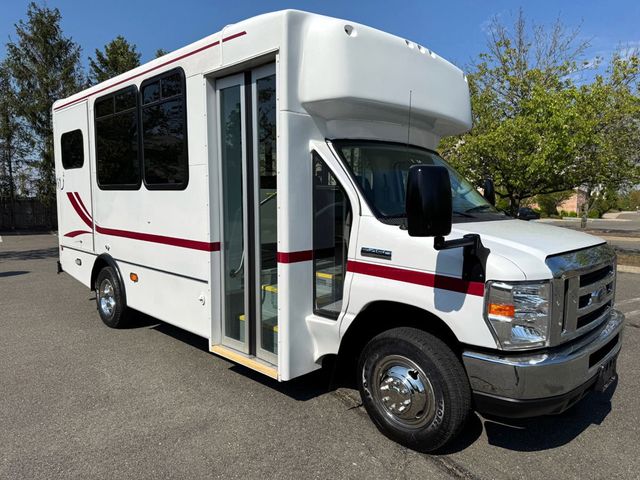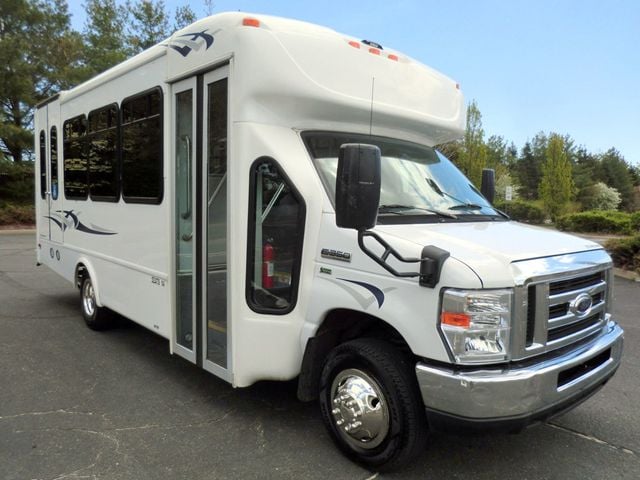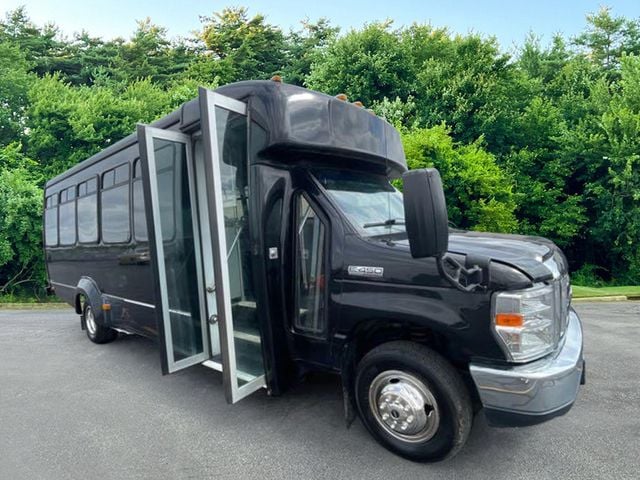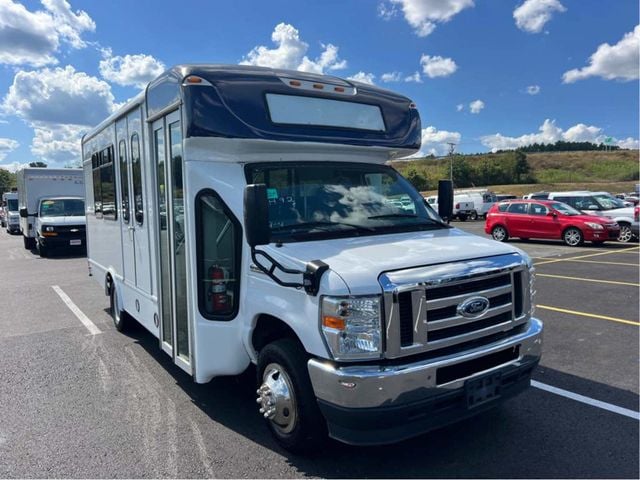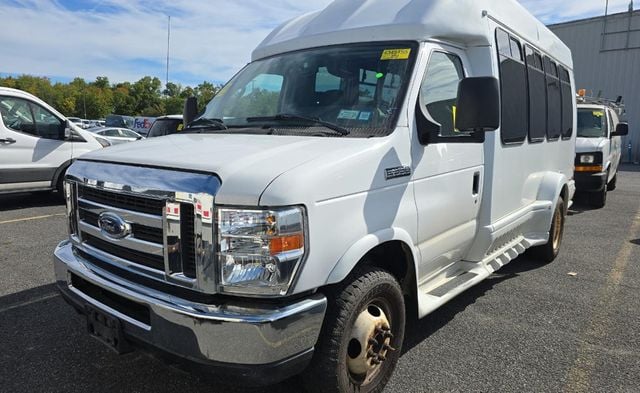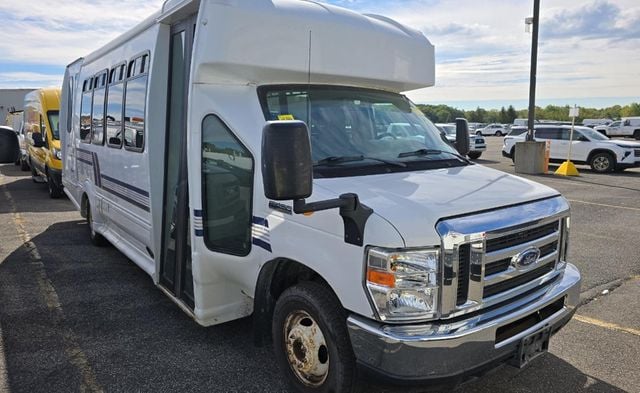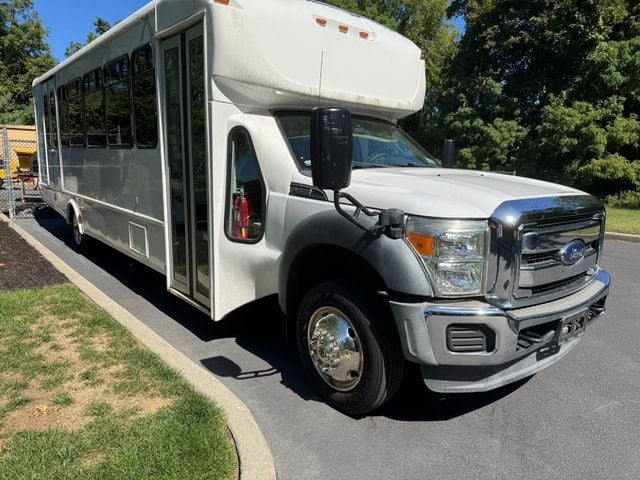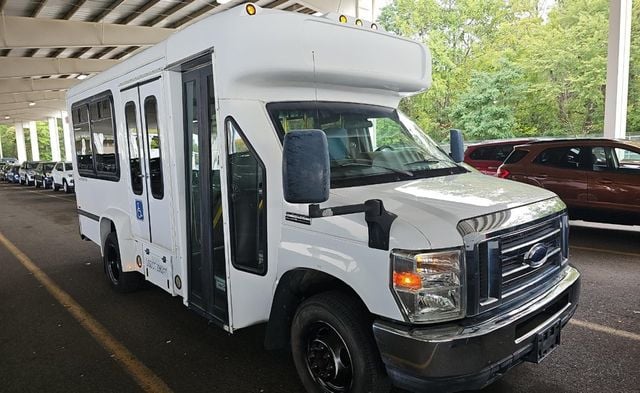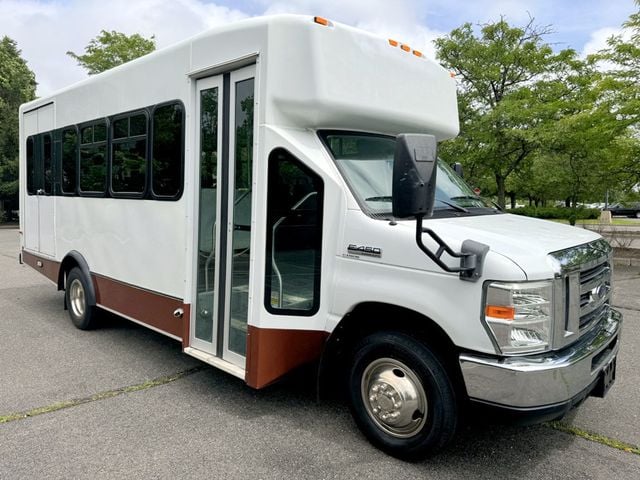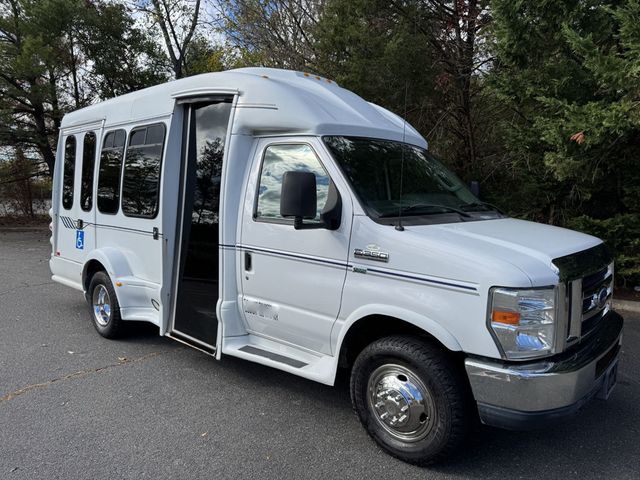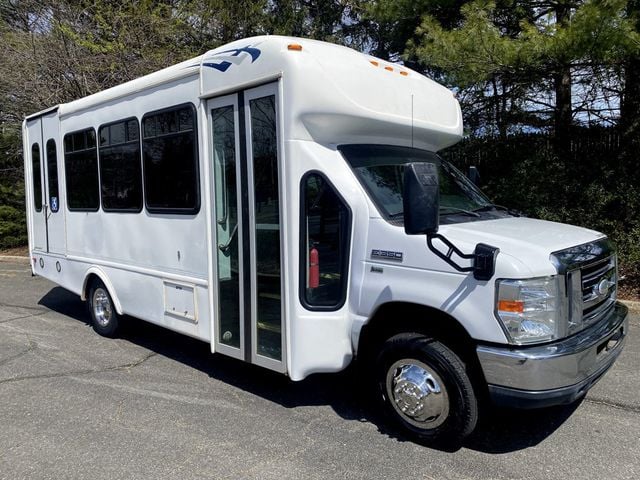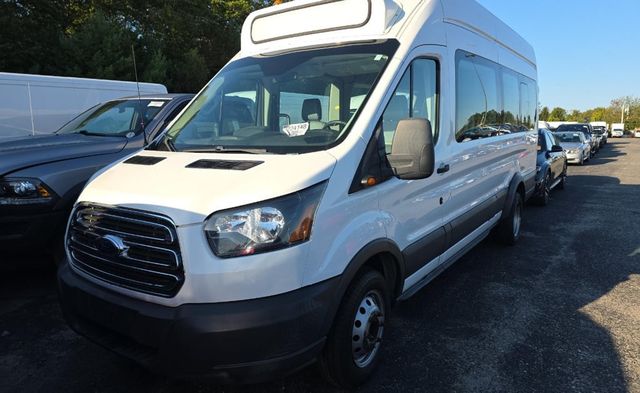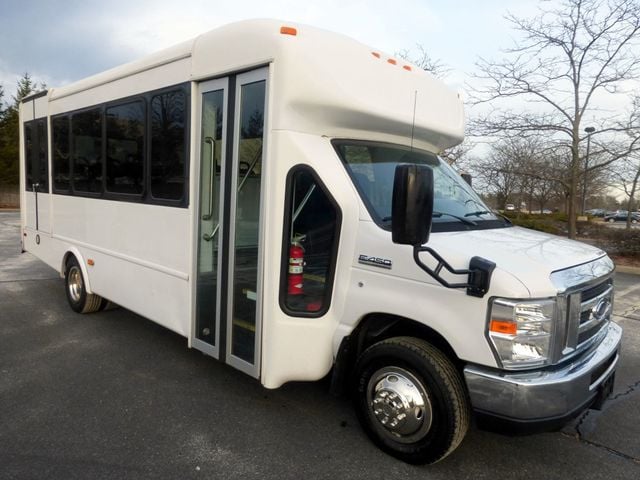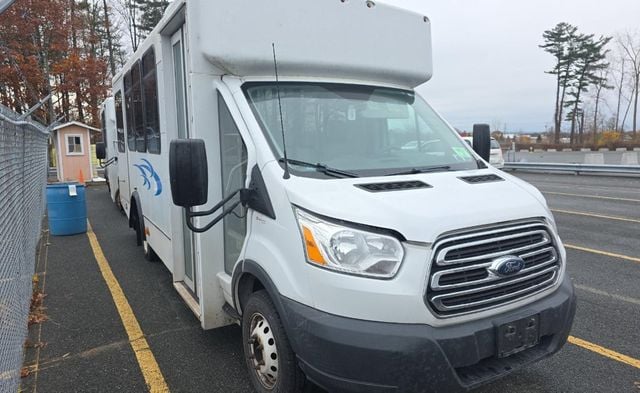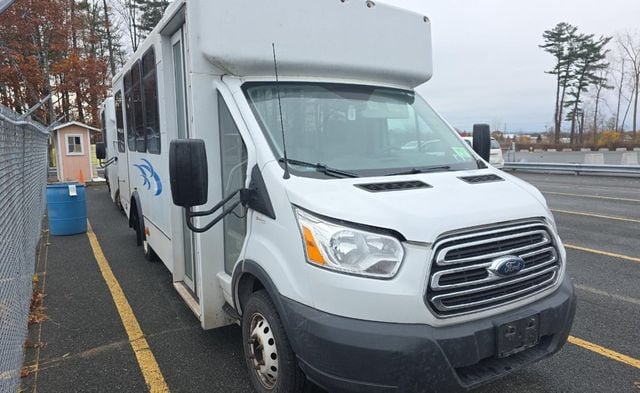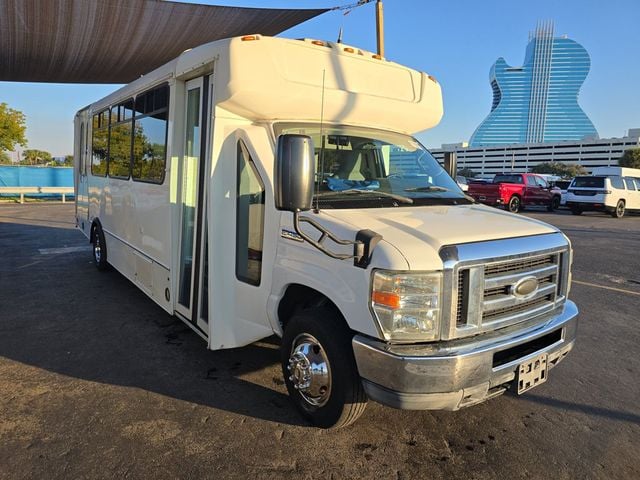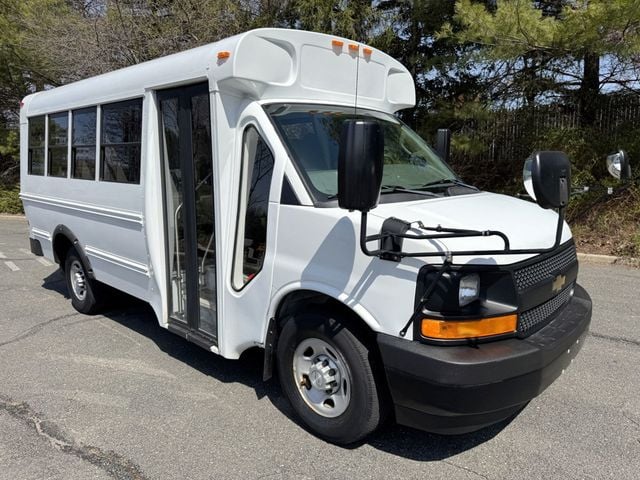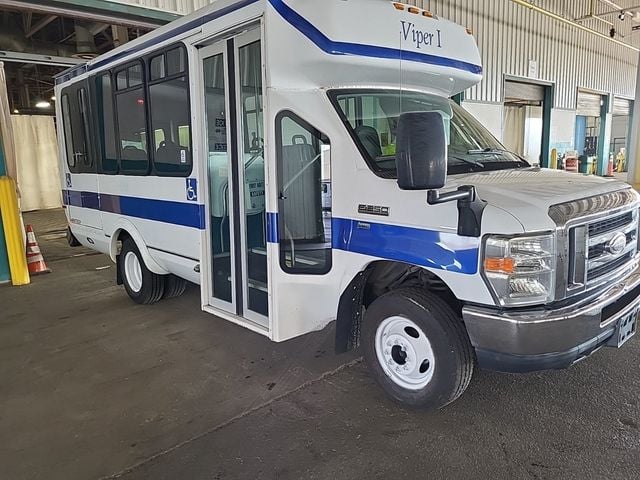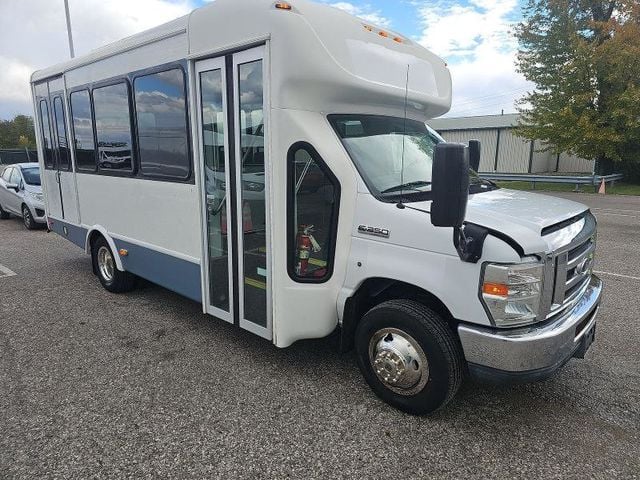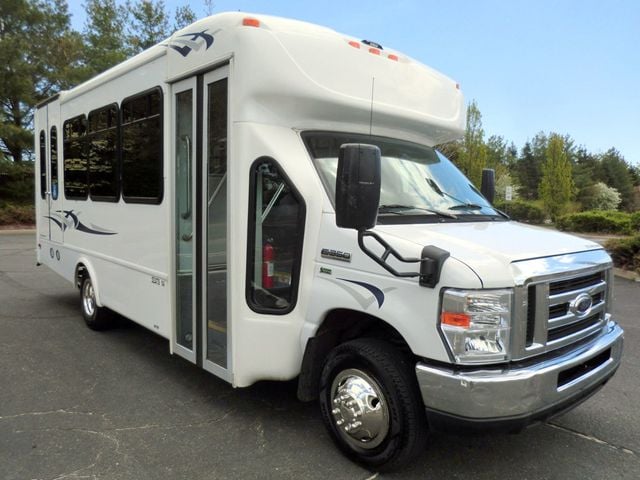Get the Right Coverage for Your Vehicle—and Your Business
Purchasing a used shuttle bus or minibus is a major investment—and one that needs to be protected from day one. Whether you’re transporting seniors, running a hotel shuttle, operating a non-emergency medical transport service, or planning a mobile business, proper insurance isn’t just a formality—it’s essential.
Buses are generally considered commercial vehicles, which means they require specialized insurance coverage that goes beyond a standard auto policy. Unfortunately, many first-time buyers discover too late that companies like State Farm, Liberty Mutual, and Allstate typically don’t offer coverage for commercial buses, especially ones used for transporting passengers for hire or service.
Here’s what you need to know about insuring a shuttle bus or minibus—and how to find the right protection for your needs.
1. Work with a Commercial Insurance Broker
Since mass-market insurers rarely underwrite commercial bus policies, your best bet is to work with an independent commercial insurance broker who has access to multiple carriers. These brokers specialize in fleet, passenger, and utility vehicle insurance and can tailor a plan that fits the specific use, size, and location of your bus.
A good broker can compare multiple quotes and help you understand what coverage limits apply to your vehicle’s operations, whether it’s a 14-passenger hotel shuttle or a 20-seat paratransit vehicle.
Still, don’t overlook your current provider. Even if they don’t advertise commercial coverage, your existing insurance company may offer access to a commercial line or be able to refer you to a trusted partner. It’s worth asking.
2. Know the Basic Coverages You’ll Need
There are several types of coverage that most commercial bus owners will require. Here’s a breakdown of what each one covers:
Liability Insurance
This is the foundation of any commercial auto policy and typically required by state law. It covers bodily injury and property damage to others if your vehicle is involved in an accident where you’re at fault.
Typical minimums: $1 million, but depending on your operations or contract obligations, you may be required to carry $3 million, $5 million, or more.
Important: If you’re transporting passengers under state or municipal contracts, you may need to meet specific insurance minimums.
Comprehensive and Collision Coverage
These protect your vehicle itself.
Comprehensive covers non-collision incidents like theft, fire, vandalism, or weather damage.
Collision pays for repairs or replacement if your vehicle is damaged in an accident, regardless of who’s at fault.
Uninsured/Underinsured Motorist Coverage
This protects you and your passengers if you’re hit by a driver with insufficient or no insurance. It can help pay for medical expenses and lost wages after an accident caused by someone else.
Umbrella Insurance
An umbrella policy provides additional liability coverage above your standard limits. If your base policy is $1 million, but a claim or lawsuit totals $2 million, the umbrella policy can help cover the difference.
Why it matters: Buses carry people—not just cargo—so liability claims can be much larger than a typical car accident.
Suggested amount: Many small fleet operators carry umbrella policies between $1 million and $5 million, depending on their risk level.
3. Understand State and Contract Requirements
Every state has minimum insurance requirements for commercial passenger vehicles, and those numbers often increase based on:
- Passenger capacity
- Type of service (public transport, medical, private charter)
- Whether the vehicle crosses state lines
If you’re operating under a city or state contract (e.g., transporting patients for Medicaid or running a senior center shuttle), you’ll likely be required to submit proof of coverage meeting specific guidelines. Make sure you understand these requirements before finalizing your insurance policy.
4. Talk to Your Dealer About Insurance Needs
A good dealer does more than sell you a bus—they help you buy the right one for your specific situation. Reputable dealers like Major Vehicle Exchange, the company behind GetAnyBus.com, have decades of experience working with buyers from all industries and can offer general guidance on what kind of coverage you’ll need and how to find it in your area.
Their team is available at 516-333-7483 and is happy to answer questions, recommend coverage levels based on your use case, and point you toward trusted brokers who understand bus insurance.
Final Thoughts
Insurance is not the place to cut corners. When you own and operate a shuttle bus, you’re not just protecting a vehicle—you’re protecting passengers, your business, and your future. Don’t settle for the cheapest policy. Instead, work with professionals who understand commercial coverage, ask the right questions, and ensure you’re compliant with local laws and contract terms.
When in doubt, give the team at Major Vehicle Exchange a call at 516-333-7483. They’ve helped thousands of buyers navigate the insurance process and can help you start off on the right foot—with peace of mind.
Comments are closed.
